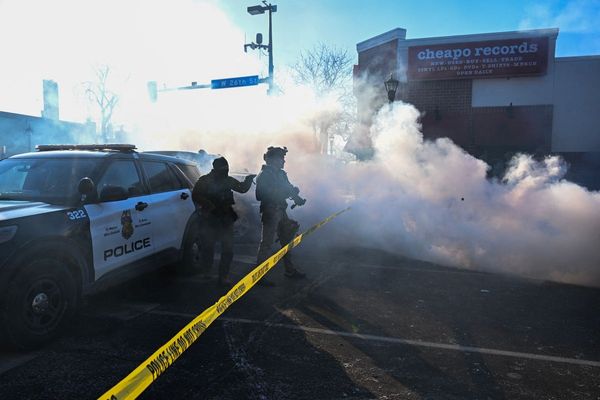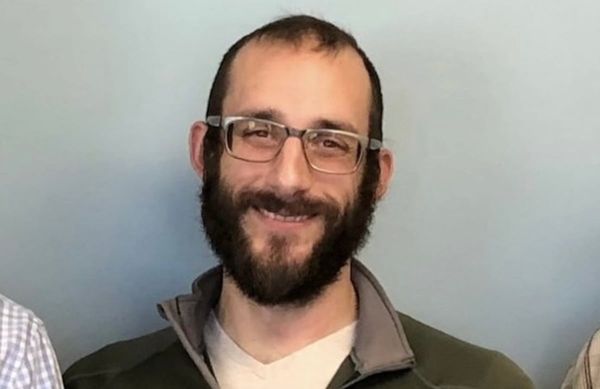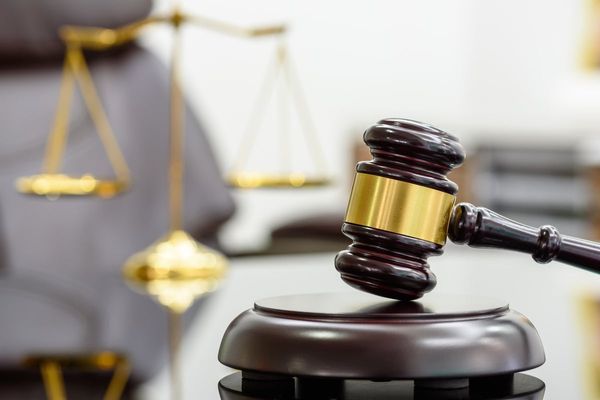The United Nations has cancelled a trip to inspect places where Australians are detained after it was denied full access to institutions in New South Wales and Queensland.
Last year, the UN announced it was suspending its visit to Australia after its Subcommittee on the Prevention of Torture (SPT) was prevented from visiting several sites where people were detained, including jails.
Queensland introduced new laws late last year to allow UN inspectors to enter mental health in-patient units, which it said was not allowed previously because of patient privacy concerns.
Despite this, the SPT said the assurances it asked for in both states were not guaranteed, meaning it could not be sure it could resume the visits in a "reasonable timeframe".
Other than Australia, Rwanda is the only other country to have had inspections terminated.
"Despite the good cooperation the subcommittee has with the Australian federal authorities following our initial mission, there is no alternative but to terminate the visits as the issue of unrestricted access to all places of deprivation of liberty in two states has not yet been resolved," the newly re-elected chairperson of the SPT, Suzanne Jabbour, said.
"Nevertheless, a report based on what the SPT observed during its October visit before the suspension will be shared with the state party as soon as possible. It will enable ongoing communication with the Australian government."
Allowing the visits is one of the measures Australia agreed to when it ratified the Optional Protocol to the Convention against Torture and other Cruel, Inhuman or Degrading Treatment or Punishment (OPCAT) in 2017.
OPCAT is designed to protect the rights, health and safety of people experiencing any kind of detention, including people in prisons, youth detention centres, immigration detention, hospitals, mental health facilities, aged care facilities and facilities for people living with disability.
'Neither unexpected nor undeserved'
Australia's Human Rights Commissioner Lorraine Finlay said Australia had breached its OPCAT obligations and the cancellation of the visit was "neither unexpected nor undeserved".
"It's profoundly disappointing that the UN has terminated the visit," she said.
"We haven't approached this treaty with the urgency it deserves."
Ms Finlay said the cancellation of the visit — coupled with Australia missing a deadline in January to implement monitoring systems as part of OPCAT — showed it was not serious about its obligations.
"That's two strikes against Australia in relation to OPCAT in the last few months," she said.
"I think there's no doubt that it does damage our reputation. You know, Australia wants to be a global leader when it comes to human rights, but it's really hard to take on that leadership and advocate … when we're not meeting our own international commitments."
NSW says federal funding needed
A spokesperson for federal Attorney-General Mark Dreyfus said it deeply regretted the decision by the SPT.
The spokesperson noted the SPT had carried out successful visits to places of detention in all the jurisdictions in Australia outside of New South Wales and Queensland and had made a number of changes to address the concerns raised.
"Since the SPT suspended its visit in October 2022, the Australian government has been engaging cooperatively, and in good faith, with the SPT and with all states and territories to work towards a possible resumption of the visit," the spokesperson said.
"This disappointing decision does not reflect the Australian government’s commitment to protecting and promoting human rights, and does not change our commitment to implementing Australia’s OPCAT obligations and to facilitating future visits from the SPT."
A spokesperson for New South Wales Attorney-General Mark Speakman said the government had "consistently indicated" it supported OPCAT but wanted a commitment from the federal government for more funding to implement it.
"As stated in the communique from the December 2022 Standing Council of Attorneys-General, participants agreed to provide costings to the Commonwealth about anticipated funding required to set up a fully operational National Preventive Mechanism (NPM)," he said.
"New South Wales has complied and awaits Commonwealth consideration, and approval, of the funding."
A spokesperson for Queensland Attorney-General Shannon Fentiman said a bill was before parliament that would allow the government to fulfil its obligations under OPCAT.
A parliamentary committee examining the bill is due to report by the end of this week.
"If passed, the bill will remove the legislative barriers that restricted the subcommittee’s physical access to authorised mental health services and the Forensic Disability Service during its visit to Australia last year," the spokesperson said.







